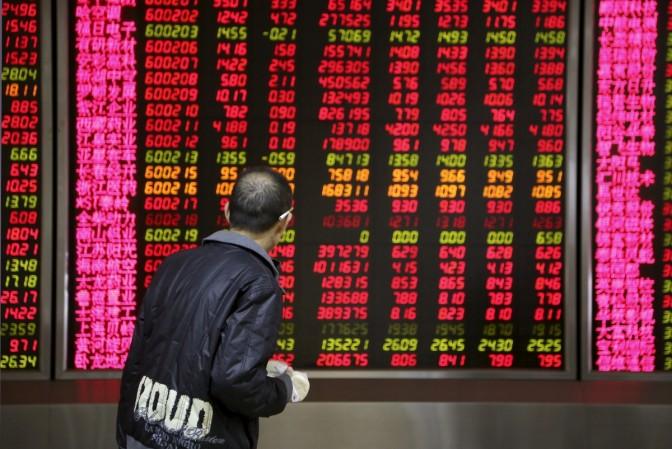
The 'battle' between and India and China for a key stake in Dhaka Stock Exchange (DSE) has entered the final lap with the Bangladesh Security Exchange Commission (BSEC) set to pick a bidder on Monday. Consortiums led by Indian and Chinese bourses have been in the fray for a 25 percent stake in the third largest capital market in Asia. A win in Bangladesh will be another feather on the cap of China, which picked up a 40 percent stake in the Pakistan Stock Exchange last year. And for India, a loss of turf in Bangladesh will be another wound to nurse in the backdrop of rising Chinese influence in its backyard.
The drama surrounding the DSE stake sale, however, suggests that the consortium led by India's National Stock Exchange (NSE) might pull off a victory despite having submitted a much smaller bid price than the Chinese consortium.
China's Shanghai and Shenzen stock exchanges offered 22 takas ($0.26) each for the 2.8 billion shares on offer in DSE, while the NSE, Frontier Bangladesh and US bourse Nasdaq offered only 15 takas per share. The Chinese offer also came bundled with a proposal for technical support to DSE worth around $37 million. While NSE also offered technical support, the value of the proposal was unspecified.
What appeared to be a normal bid process soon became a complicated power play after news emerged that DSE 'selected' the Chinese bid. "The consortium of Shanghai and Shenzhen stock exchanges has been chosen from the two consortiums that submitted proposals, considering capabilities, competitive bids and everything," a DSE director told BD News on February 6.
The Indian authorities apparently swung into action as the rival regional power sealed a toe hold in its sphere of influence. India couldn't have done anything to prevent China from picking up a stake in Pakistan's only bourse, but in Bangladesh, Indian diplomatic pressure has apparently tilted the scale in its favour.
NSE managing director and CEO, Vikram Limaye, travelled to Bangladesh last week, where he held discussions with the officials of DSE and the Bangladesh market regulator. After the meeting the Daily Star reported that the BSEC asked the DSE board to scrutinise the rival proposals again. BSEC Executive Director Saifur Rahman, who was quoted in the story, did not confirm if the Chinese bid had been rejected, though earlier media reports had suggested so.
Yuan-denominated financial products
The Indian side is reported to have convinced the Bangladeshi counterparts that though the Indian bourse's offer price was almost 50 percent lower than the Chinese bid, they had better expertise in running a bourse. India appears to have outmanoeuvred the Chinese in the first round, having forced the Bangladeshi regulator to scupper a straight-laced plan by the DSE to accept the Chinese offer.
It's interesting to watch how the dice turns -- whether India's close ties with Prime Minister Sheikh Hasina will tilt the balance in its favour or if the Chinese will have the last laugh. Given the fact that the Bangladesh government will have a final say in this, it will also be a stray in the wind as far as China's geopolitical push in India's backyard is concerned.
For China, a successful bid will mean an easy extension of its footprint in the region. More importantly, in the long-term, it will even help China in its efforts to make Yuan a major international currency. Again, if China is able to list Yuan-denominated financial products on the Dhaka bourse in future, it will help the expansion of Chinese companies in Bangladesh.

















